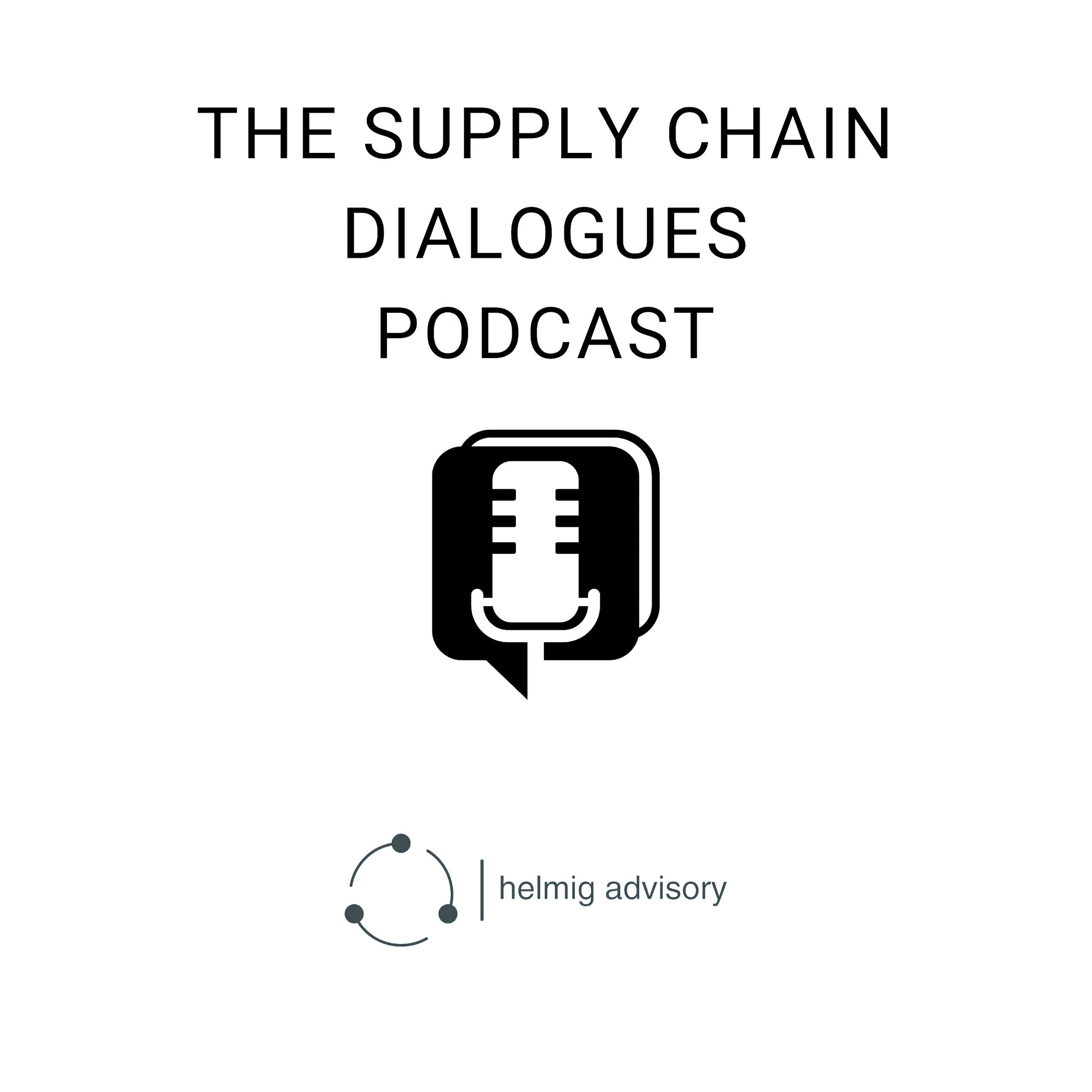
Ep. 17: Functional Outsourcing or: Your back-end is other companies’ front-end
Consider this: What if your highly skilled workforce could devote their energy solely to their unique capabilities, driving customer satisfaction and enhancing your bottom line? Imagine a scenario where innovative processes, products, and service solutions take centre stage, while routine, tactical tasks are seamlessly handled by specialized entities.
Is now, with the rise of machine learning and RPA, finally the opportune moment for companies to shed back-end activities?
Enjoy!

Ep. 16: Cats and typewriters or: Resilience through contractual building blocks
What have a cat, a typewriter, and Lego blocks in common? They are all part of a story about how to get out of the contractual B2B jungle many companies grow today.
Enjoy!

Ep. 15: Unleashing 21st Century KPI Mastery or: stop looking into your rearview mirror.
Many businesses are still operating as if they are driving a car by solely glancing at the rearview mirror. Sounds absurd, right? Well, that's how most businesses operate. They rely on just on hindsight focused financial metrics with one months to a quarter delay.
How about a 21st century KPI Leadership System, where you'll have a clear view through the windshield with a dynamic heads-up display.
Enjoy!

Ep. 14: Start a Quality Revolution 2.0 - or: A good product is no longer good enough!
"Quality is like having an ice cream on a summer’s day: you must lick it constantly. Otherwise, you have a mess on your hands". Quality, most people assume, is a given. But is it? Do not most of us ‘have a mess on our hands’? Do you still remember the feeling when you bought a product at home that was DOA or broken shortly after use? Or the last time you ordered something, and it did not arrive in time? How about being charged wrongly, or the return policy was confusing? These instances are examples of poor quality and negatively impact the customer experience.
It is time to start a quality revolution.
Enjoy!

Ep. 13: Who does What ? Where? And Why? Who tells whom what to do? - Aligning the "Division of Labour" with your organisation’s purpose, strategy and financial goals
Welcome to the third and final instalment of our mini-series on organisation design. We believe that aligning your organisation's design with the culture and markets it operates in can significantly reduce the need for costly redesigns and organisational reshuffling.Today, we will delve deeply into the overarching theme of "division of labour," a concept many companies consider strangely as a given. By clearly defining roles and responsibilities, we believe an organisation can mitigate friction between functions, positions, and hierarchical levels, allocating resources to work collaboratively for the firm's customers and products.
Enjoy!

Ep. 12: Stopping constant organizational re-design by fixing the functional design
What is the correct procurement setup? Central, de-central, or hybrid? If you had asked this question before 2010, many of my peers and I would have provided a very different answer then vs now. Life moved on, and today’s world requires more sophisticated, agile functional designs.
This is the second instalment of the mini-series about organisation design. We believe that if you design your organisation in line with the culture and the surrounding markets, the costly need for re-designing and organisational reshuffling can be minimised.
Enjoy!

Ep. 11: Stopping constant organizational re-design by fixing the corporate headquarters set-up
How long ago was your last re-organization? Did you move to matrix, global, glocal, central, de-central, or regional? And how about the re-organization before? Was it complementary to what you are doing now, or the other way around? When sitting in business divisions or regions, how do you assess the work done by the folks in headquarters? And if you are sitting in headquarters, are the regions and divisions doing a good job, in your opinion?
In part 1 of our mini-series on organizational design, we hone in on the Corporate Headquarters, and how to do it right - once.
Enjoy!

Ep. 10: Significantly optimising cash flow by changing the focus - Part Three - Customer Payments (DSO)
Why let your hard-earned cash be trapped in customer payments? Our mini-series continues with part 3, where we tackle the elusive DSO. Find out how to get paid faster without sacrificing customer relationships.

Ep. 09: Significantly optimising cash flow by changing the focus - Part Two - Supplier Payments (DPO)
In part 2 of our podcast mini-series on cash-flow optimization, we hone in on payments to suppliers, covered in Days Payable Outstanding (DPO). External materials & services purchased are the most significant cost block in most product-based companies. Hence, the cash flow improvement leverage is significant. Different from cash trapped in inventory, DPO management needs two to tango. Why is it that many companies can’t dance with their suppliers?

Ep. 08: Significantly optimising cash flow by changing the focus - Part One - Inventory
This marks the beginning of a three-part mini-series on cash flow optimisation. The series argues that while finance must report on cash flow, operations should own the metrics. Part One is about Inventory. Enjoy!

Ep. 07: Implementing 21st-century supply chain - now
The highly improbable event coined ”black swan”, described in the 2007 bestseller of options trader and statistician Nassim Nicholas Taleb, became a herd animal that shows its black feathers in spades. We have to learn and adapt to modern global supply chains - now. AI-mee and Daniel talk about the background, the opportunities, and how to change.Enjoy!

Ep. 06: Is operations outsourcing still a viable option today?
Outsourcing, spin-offs, in-sourcing, reshoring, re-vitalising operations - what is the best approach towards improving customer satisfaction and the triple-bottom-line? For 30 years the answer of most boards when competitive pressure was ramping up, was either a spin-off or outsourcing to other continents. While there can be good reasons for spinning off or outsourcing parts or full operations, in the 21st century we should be relentless in assessing our tool box. Rather than grabbing the most used, shiny tool, we should understand the opportunity in our company first more thoroughly. This blog post gives this topic a bit of a spin…enjoy.


